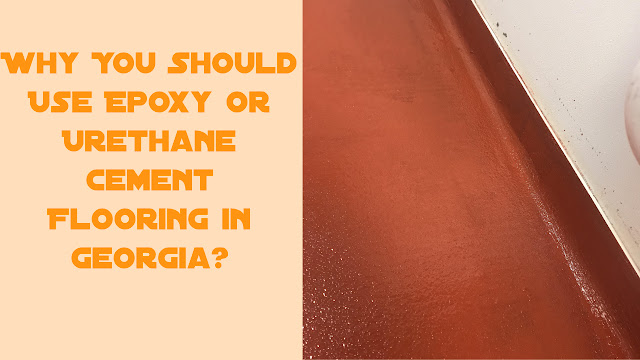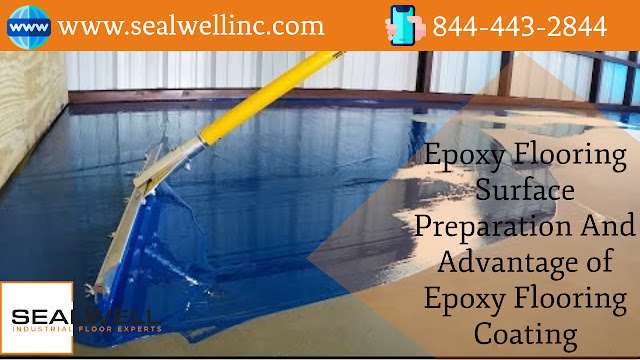Everything You Need to Know About Resinous Flooring

What are resins and what are resin flooring? Are they different from other flooring types? These are some of the most important questions you may have in mind when looking into getting a new office. To get the answers to these questions, you are advised to read this article. It will give you all the knowledge you need to know about these floorings and the pros and cons that go along with it. So, what are resin floors and what parts are in a resinous flooring? What Exactly Is Resinous Flooring? This is a form of flooring that is composed of different materials that are mixed together. It may be composed of epoxy resins, urethane, wood fibers, or a mixture of materials. The part that makes this flooring unique is that it can be made to look like different kinds of materials including marble, granite, linoleum, etc. Some Advantages of Using Resinous Floor? One advantage of using this type of flooring is that it is very easy to clean. You can just wipe it with a damp cloth. Aside from this...

